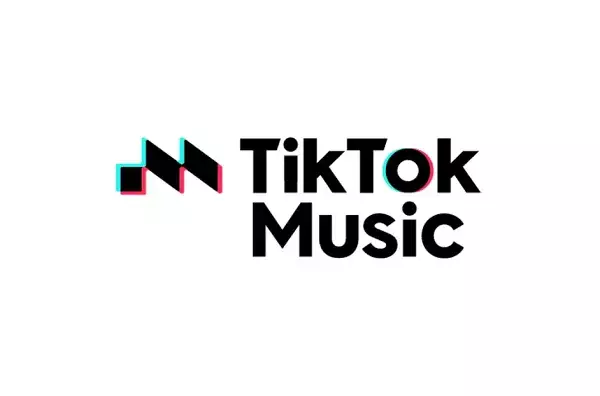In the ever-evolving landscape of social media and digital music streaming, TikTok has solidified its status as a cultural phenomenon. However, its foray into the world of music streaming through the TikTok Music app, previously known as Resso, has revealed the complexities of trying to compete in a saturated market. Launched in late 2019 in India, TikTok Music was an attempt to capitalize on TikTok’s explosive popularity and connect more deeply with the music industry. Yet, after several operational challenges and a lack of user engagement, the company announced its impending shutdown, highlighting the precarious nature of its ambitious expansion.
One of the most significant hurdles faced by TikTok Music was the limited interest from Indian users. Despite being nestled in a vibrant music culture, the app struggled to carve out its niche among well-established competitors like Spotify and Apple Music. The situation worsened when TikTok was banned in India in 2020 due to concerns over data privacy and national security. Although Resso managed to escape the ban’s reach, the app ultimately could not draw enough users to sustain itself. This begs the question: how did TikTok, a platform revered for its engaging content and short videos, misjudge the dynamics of the music streaming market?
The renamed TikTok Music saw a re-launch in Brazil and Indonesia and gained restricted access for users in Australia, Mexico, and Singapore. However, music licensing disputes and the inability to resonate with users only compounded the struggles. Rather than becoming a serious contender in the streaming race, TikTok Music became an afterthought, falling short of expectations.
On November 28, 2024, TikTok Music is set to close its doors. This decision, as articulated by the company, reflects a strategic pivot to refocus efforts on strengthening TikTok as a music discovery and sharing platform. Rather than competing with dedicated music streaming services, TikTok aims to enhance its role as a promotional tool for artists. This shift signifies an acknowledgment that expanding into a competitive streaming market might not be the right avenue, especially when the established players wield substantial resources and brand loyalty.
A significant part of this transition involves allowing current users to transfer their playlists and request refunds, culminating in a user experience that respects those who ventured into using TikTok Music. However, after November 28, all account information will be deleted, emphasizing a clean break from this chapter.
While TikTok Music’s closure may not cause ripples in the broader music streaming ecosystem, it underscores a larger trend: the increasingly intricate relationship between social media platforms and the music industry. TikTok has shaped how songs rise to popularity, driving engagement and exposure for artists that traditional platforms often overlook. By choosing not to pursue a standalone music streaming service, TikTok seems to prioritize its role as an enhancer of music discovery rather than a competitor.
This move also echoes similar sentiments from TikTok’s parent company, ByteDance, which has faced challenges in obtaining traction with standalone streaming services in China. The company’s resilience in learning from setbacks and focusing on its core app, TikTok, allows it to continue playing an influential role in the music scene, whether through song promotion or user-generated content.
The saga of TikTok Music epitomizes the constant evolution within the social media landscape, where ambitions often collide with market realities. While TikTok dutifully constructed the app with aspirations of transforming music consumption, the outcome was a cautionary tale of overreach. The decision to shutter TikTok Music may appear as a failure, but it also reflects a strategic recalibration; one that prioritizes engagement and creativity over mere competition.
As TikTok adapts its approach, the lessons learned from TikTok Music will likely inform its future initiatives and strategies in the music industry. The fate of TikTok Music serves as a reminder that even in the realm of digital innovation, understanding user preferences and market dynamics is paramount for success.


Leave a Reply
You must be logged in to post a comment.